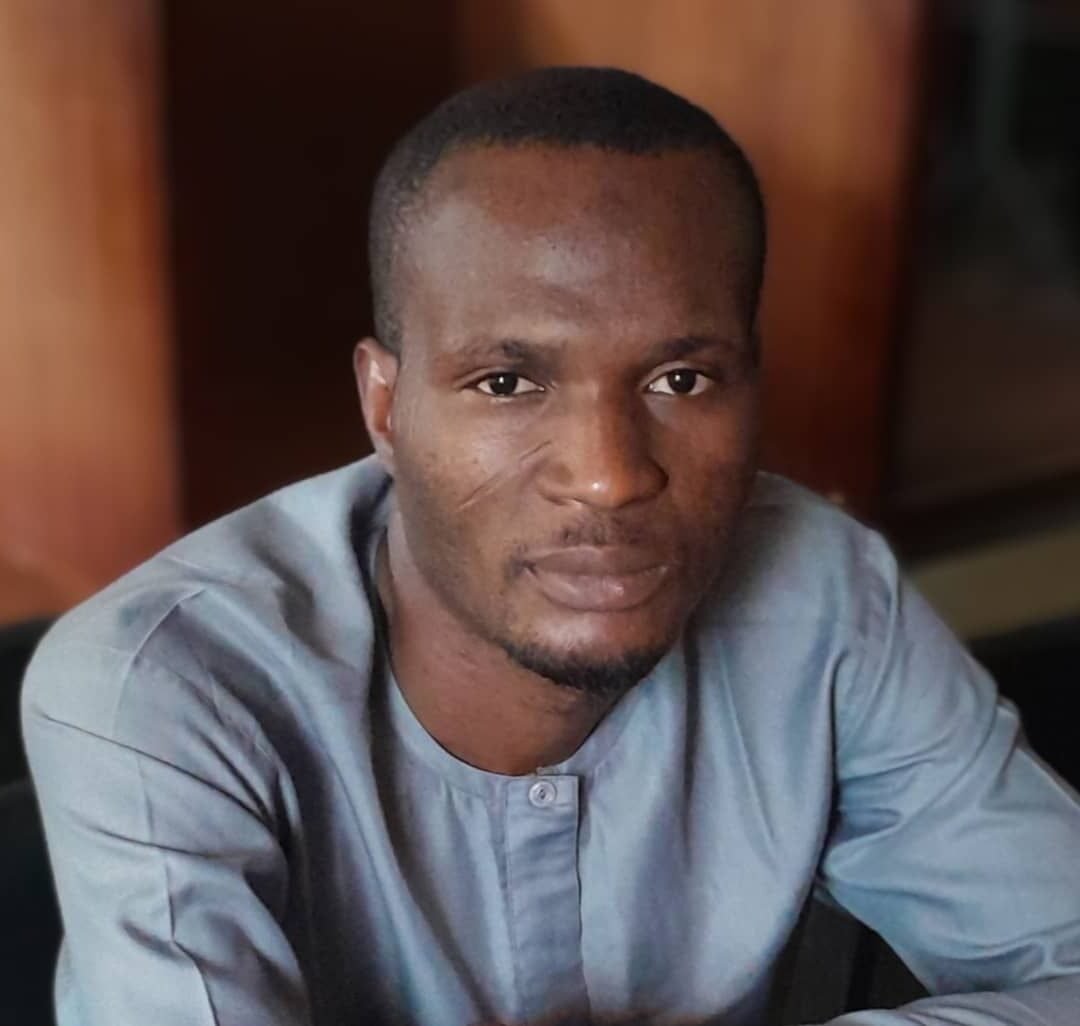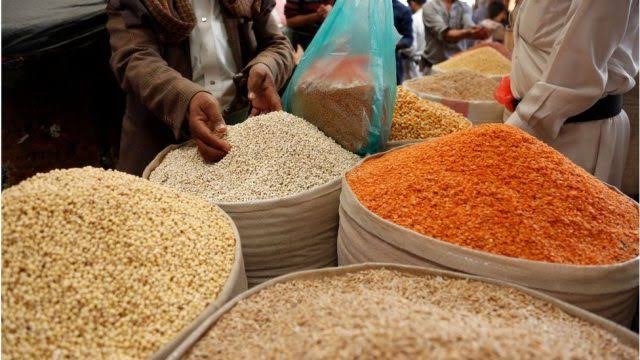Many emergency victims scattered around Nigerian villages are living in a hopeless circle, as various government intervention programmes are far beyond their reach. When an ominous plant disaster struck a town in Kaduna state, the federal government said it spent ₦1.6 billion on an intervention plan to mitigate the effects on the affected farmers. Surprisingly, many victims and targeted beneficiaries lamented not receiving a dime.
For several years, government policies have consumed trillions of naira. Often, targeted communities either receive no help or the government’s responses are insignificant in proportion to the community’s needs. According to a Premium Times report, one Alice Abel, a villager in the Kachia local government area of Kaduna state, lost her farm field to disease. She waited in vain for the government to provide seeds as promised. With no means to survive, her brother left the village in search of work, leaving her all alone.
As of 2024, at least 7.9 million people need urgent humanitarian assistance in Nigeria, according to the United Nations Office for the Coordination of Humanitarian Affairs. Some were displaced by insecurity while some by environmental degradation. Without necessary intervention, these people risk being trapped in a cycle of deprivation. Meanwhile, despite the government’s claim to spend several billions of naira to lift them out of poverty, the intervention programs, touted as lifelines for the poor, rarely reach them.
Victoria Alkali, a farmer in Nasarawa state, became entrapped amid the rising inflation crisis. She had vested her interest in government agricultural loans that eluded her. To stave off starvation in her family, Alkali saves her four children by feeding them cassava flour every day.
The troubles within the homes of average Nigerians are in contrast to the rituals of aid programs that trail the country. Alkali troubles, specifically, are exacerbated on the backdrop of the state government’s failed promise to distribute 26,000 bags of fertilizers to smallholder farmers. Failed implementation has turned government aid into frustration rather than an antidote for people’s ills.
Foreign aid has long supplemented Nigeria’s inadequate welfare system, with organisations like the United States Agency for International Development (USAID) funding food security and humanitarian relief. As the USAID shuts operations, the gap created by the government’s aid inefficiency is certain to expose.
Based on Nigeria’s budgetary allocations for social programmes, several people have argued the country can be self-sufficient without foreign aid. For instance, President Tinubu earmarked ₦150 billion to alleviate people from poverty in 2024. In the latest budget approved by the Nigerian parliament, the government also budgeted N10 billion for the Ministry of Humanitarian Affairs. Unfortunately, despite the trajectory of funds allocated for poverty alleviation, more people are surprisingly recorded sinking into poverty.
According to the World Bank, the poverty rate in Nigeria clocked 46 percent in 2023 up from 40 percent in 2018, pushing the number of people in poverty above 100 million.
More Money, No Impact
Subsidy removal has increased the amount of government allocations shared at the national and sub-national levels. In December 2024, Nigeria’s three tiers of government shared a total of ₦1.4 trillion, a significant sum experts say could help governors enhance the quality in their states. But poverty situations refuse to subside, especially in the most affected places.
Sokoto state, for instance, presented a ₦270.1 billion budget in 2024. In its defence, Governor Ahmad Aliyu emphasised the implementation of a social protection policy to support the “poor and vulnerable” people in the state. According to a report, some of the state’s poorest residents received N10,000 monthly as part of a government intervention initiative. Meanwhile, in Taraba state, the government rolled out a ₦311 billion budget, pledging to improve service delivery and enhance citizens’ well-being. The government claimed it distributed N524 million to 10,409 beneficiaries to ease economic hardship.
However, despite these substantial budgets and acclaimed social intervention programs, Sokoto and Taraba states continue to top Nigeria’s poverty index, contradicting the narrative of economic relief and support.
As many villagers in Nigeria grapple with hunger and poverty, experts observed that government support is not reaching the needy in rural areas. From an alternate perspective, a pan-African study finds that Nigeria’s political leaders have weaponised social policies for short-term electoral gains, prioritising optics over sustainability. The labour unions also condemned the government’s lack of accountability, arguing that intervention programs rarely reach their intended beneficiaries.
Azeez Salawu, the founder of Community Action for Food Security, faults the social programme’s poor implementation and blames the interference of those who mostly hijacked aid distribution. He noted that integrating technology to track input distribution and payment to ensure transparency is vital for humanitarian support and helps prevent fraud.
“There is a need for the government to strengthen the distribution channel. Local cooperative or community leaders will help to avoid interference,” said Salawu. “If villagers are not supported, unemployment will increase in rural communities and there will be inconsistencies in agricultural production.”














